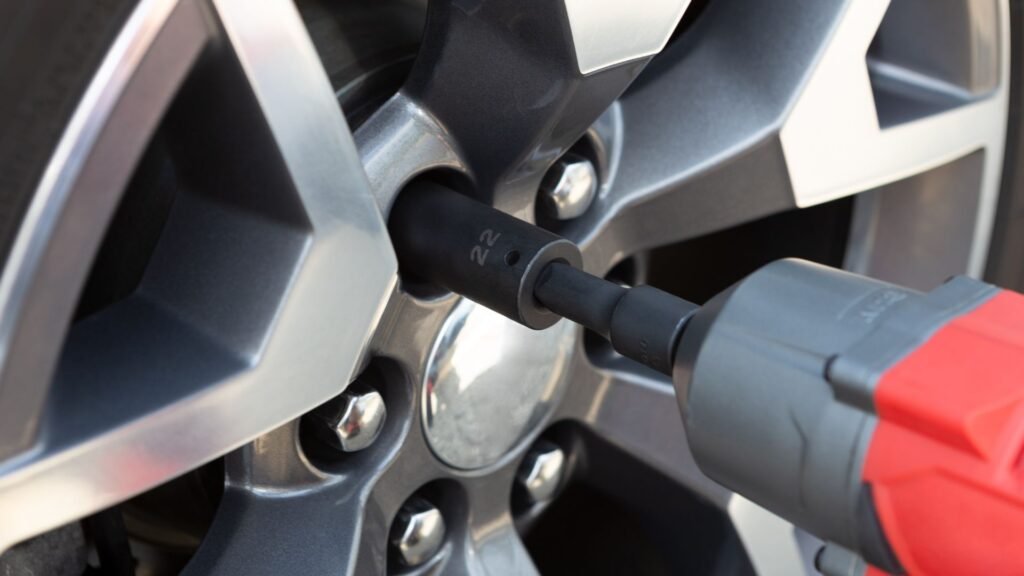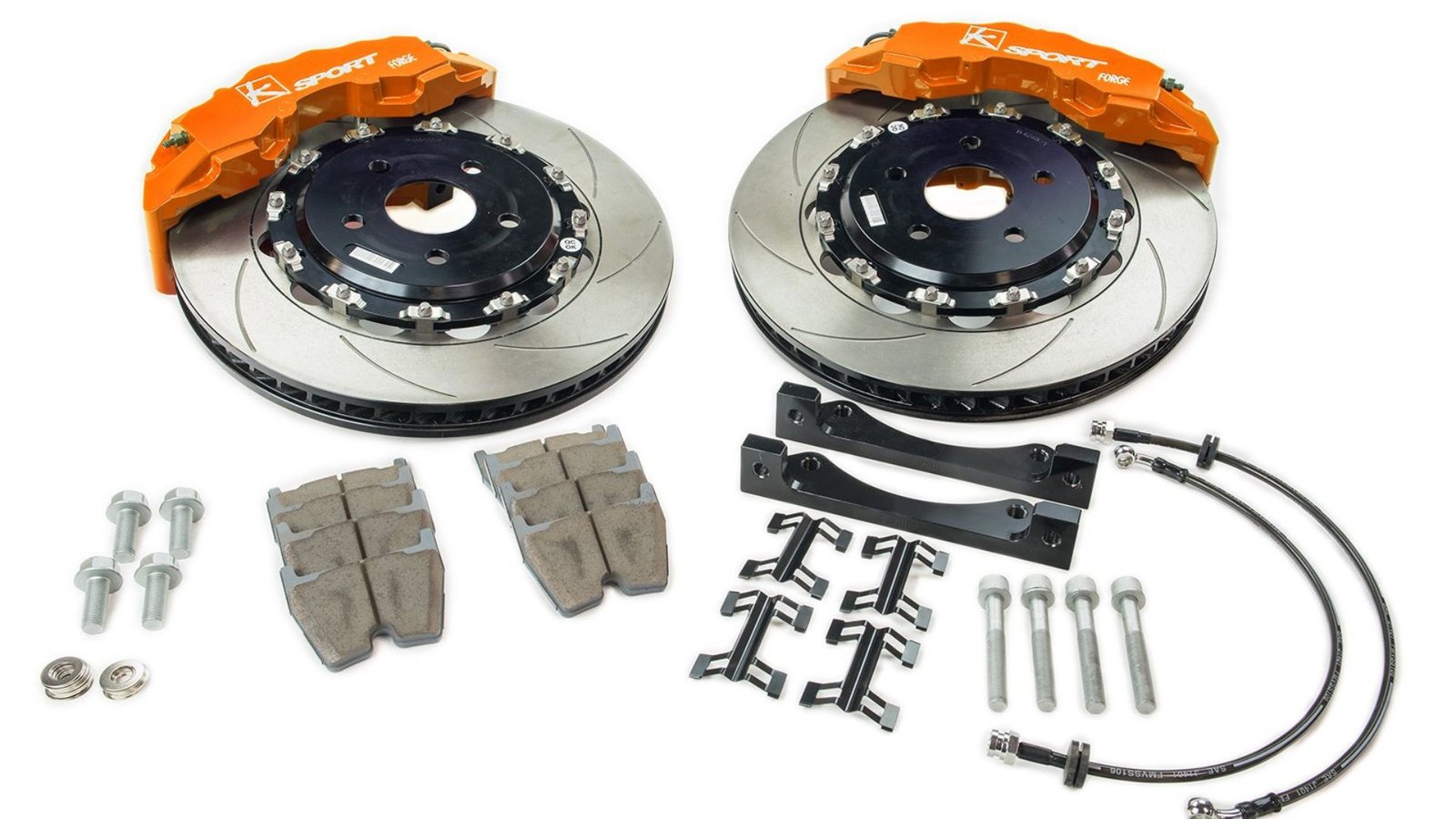When it comes to vehicle maintenance and safety, there are many myths and misconceptions about braking systems. Understanding the truth behind these myths can help you take better care of your brakes and drive more safely. Let’s clear up some of the most common braking myths and misconceptions to help you make informed decisions.

Myth 1: “You Don’t Need to Worry About Brakes Until They Squeak”
Many people believe that brakes are fine until they start making noise. However, this is not true. Brakes can wear out gradually, and waiting until they start squeaking could be too late. Regular brake inspections are essential to catch issues early before they become serious problems. For example, even if your brakes seem to be working fine, worn-out brake pads or low brake fluid can lead to reduced braking performance. Therefore, don’t wait for noises to address brake maintenance.
Myth 2: “All Brake Pads Are the Same”
Another common misconception is that all brake pads are the same. In reality, there are different types of brake pads designed for various driving conditions and vehicle types. For instance, ceramic brake pads are known for their quiet operation and long life, while metallic brake pads offer better performance in high-stress situations. Choosing the right type of brake pads for your vehicle and driving habits can significantly impact braking performance and safety. So, make sure to use the correct brake pads for your car.
Myth 3: “New Brakes Don’t Need a Break-In Period”
Some drivers think that new brakes don’t need any special care once installed. However, new brake pads and rotors often require a break-in period, also known as bedding-in. This process involves gradually heating up the brakes to help the pads and rotors conform to each other and achieve optimal performance. Ignoring this process can lead to uneven wear and reduced braking efficiency. Therefore, follow the manufacturer’s recommendations for bedding-in new brakes to ensure they work correctly.
Myth 4: “You Only Need to Replace Brake Pads”
Many people believe that replacing brake pads is the only brake maintenance they need to worry about. In truth, brake maintenance involves more than just changing the pads. You should also inspect and, if necessary, replace brake rotors, check brake fluid levels, and look for any leaks or issues with the brake system. For example, if your rotors are worn out, new brake pads alone may not provide the stopping power you need. Comprehensive brake maintenance ensures that all components of the braking system are in good working order.
Myth 5: “Brake Fluid Never Needs to Be Replaced”
Another misconception is that brake fluid never needs to be replaced. In reality, brake fluid can absorb moisture over time, which can reduce its effectiveness and lead to brake system issues. Most manufacturers recommend changing brake fluid every 2-3 years, but this can vary based on your driving conditions and vehicle. Regularly checking and replacing brake fluid helps maintain optimal braking performance and prevents potential brake system failures. Therefore, don’t overlook the importance of changing brake fluid as part of your vehicle’s maintenance routine.
Myth 6: “Hard Braking Is Bad for Your Brakes”
Some drivers believe that hard braking is harmful to their brakes and should be avoided. While excessive hard braking can cause unnecessary wear, occasional hard braking is a normal part of driving and won’t necessarily damage your brakes. Modern braking systems are designed to handle various driving situations, including sudden stops. However, consistent hard braking can lead to faster wear and tear, so it’s important to drive smoothly and avoid frequent, unnecessary hard stops. Proper driving habits and regular brake maintenance can help extend the life of your brakes.
Conclusion
In summary, many myths and misconceptions about brakes can lead to misunderstandings about vehicle maintenance and safety. By addressing these myths, you can take better care of your brakes and ensure they perform effectively. Remember that regular inspections, using the right parts, and following proper maintenance practices are key to keeping your braking system in top condition. Accurate knowledge about your brakes helps you drive more safely and avoid potential issues. So, don’t let myths cloud your understanding—stay informed and keep your brakes well-maintained for a safer driving experience.




